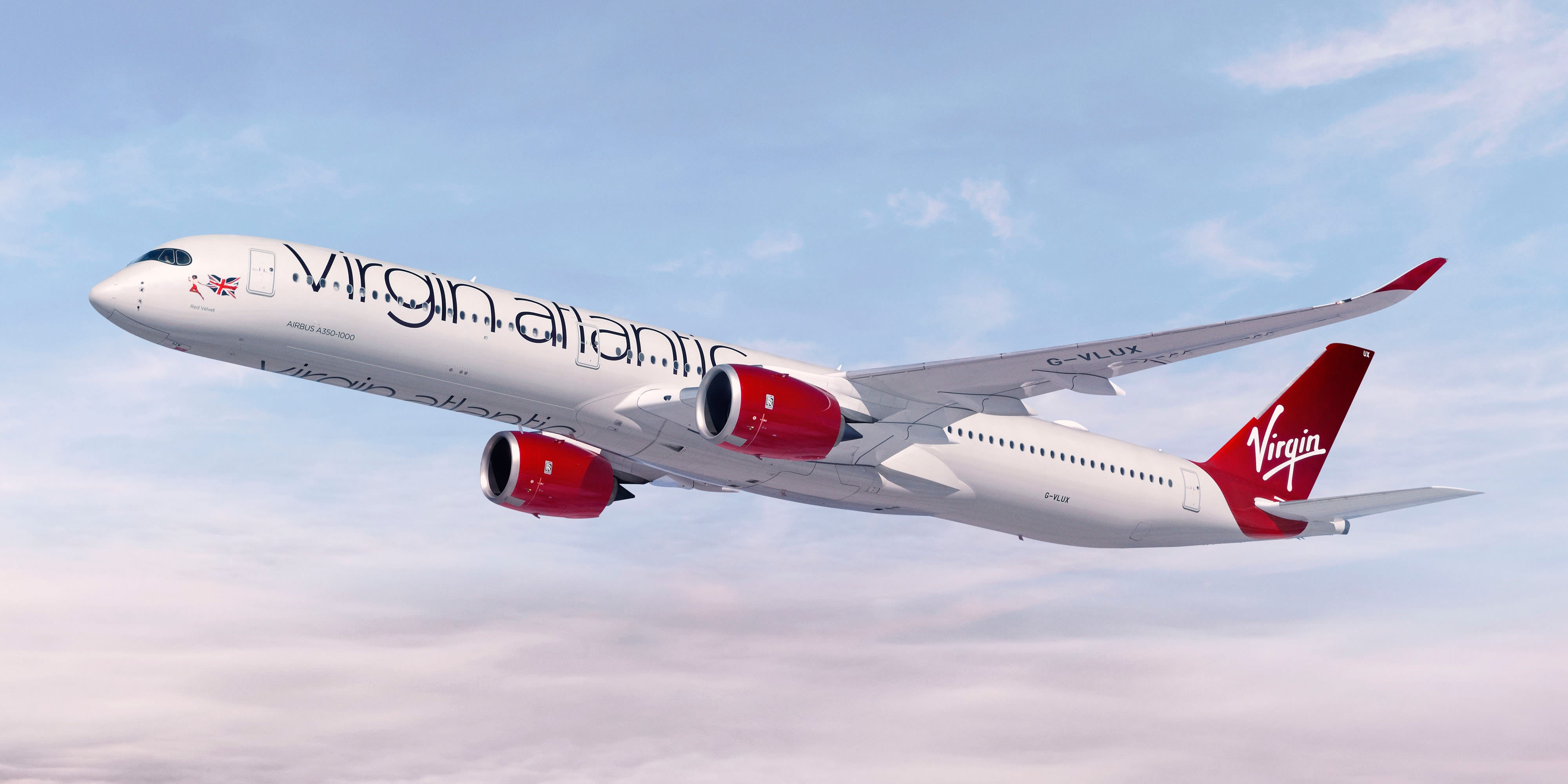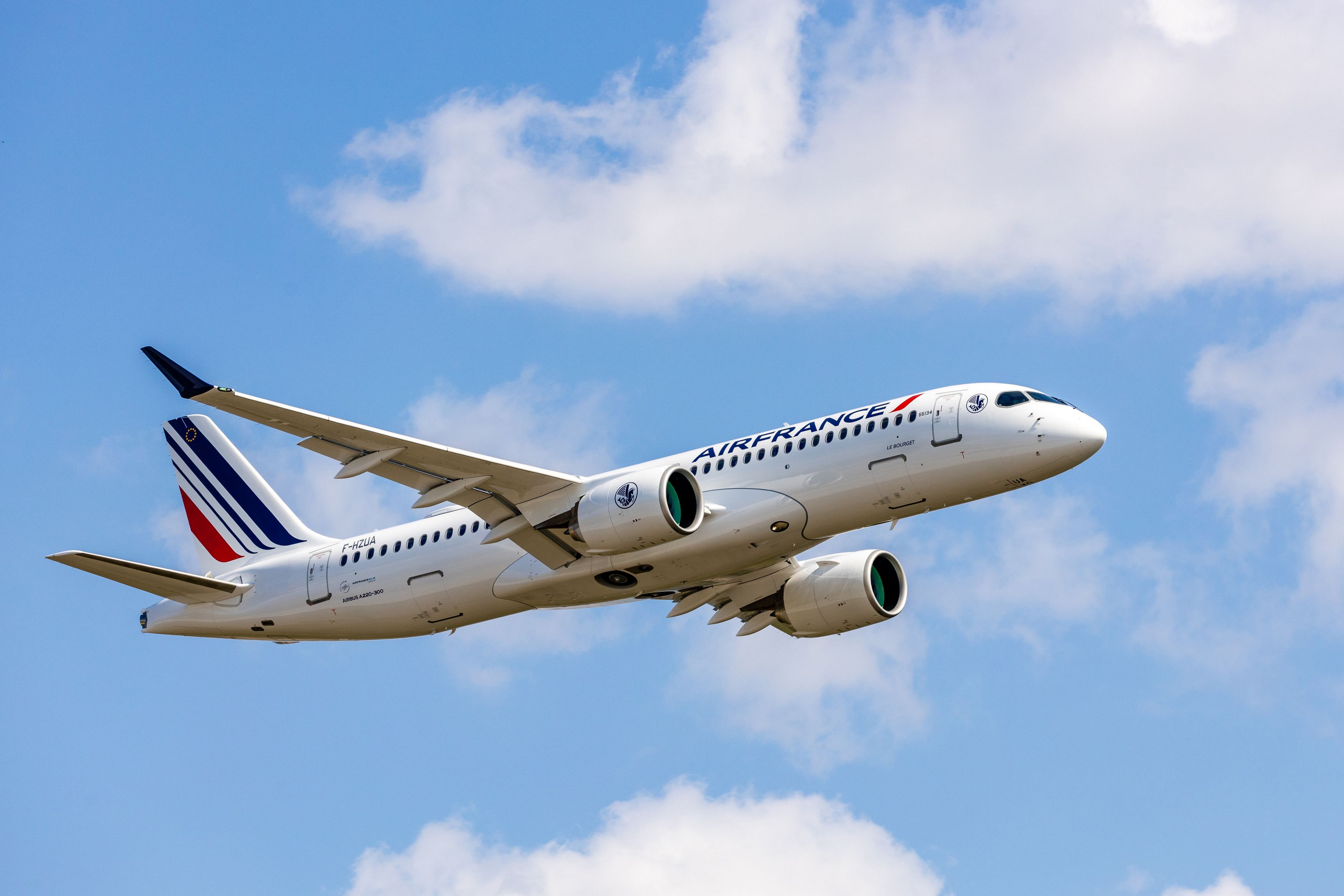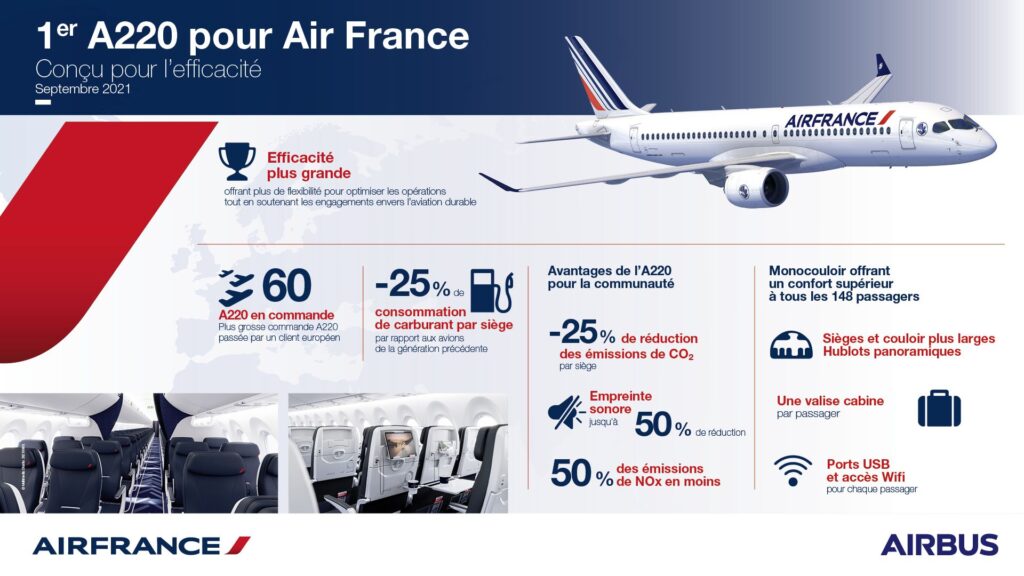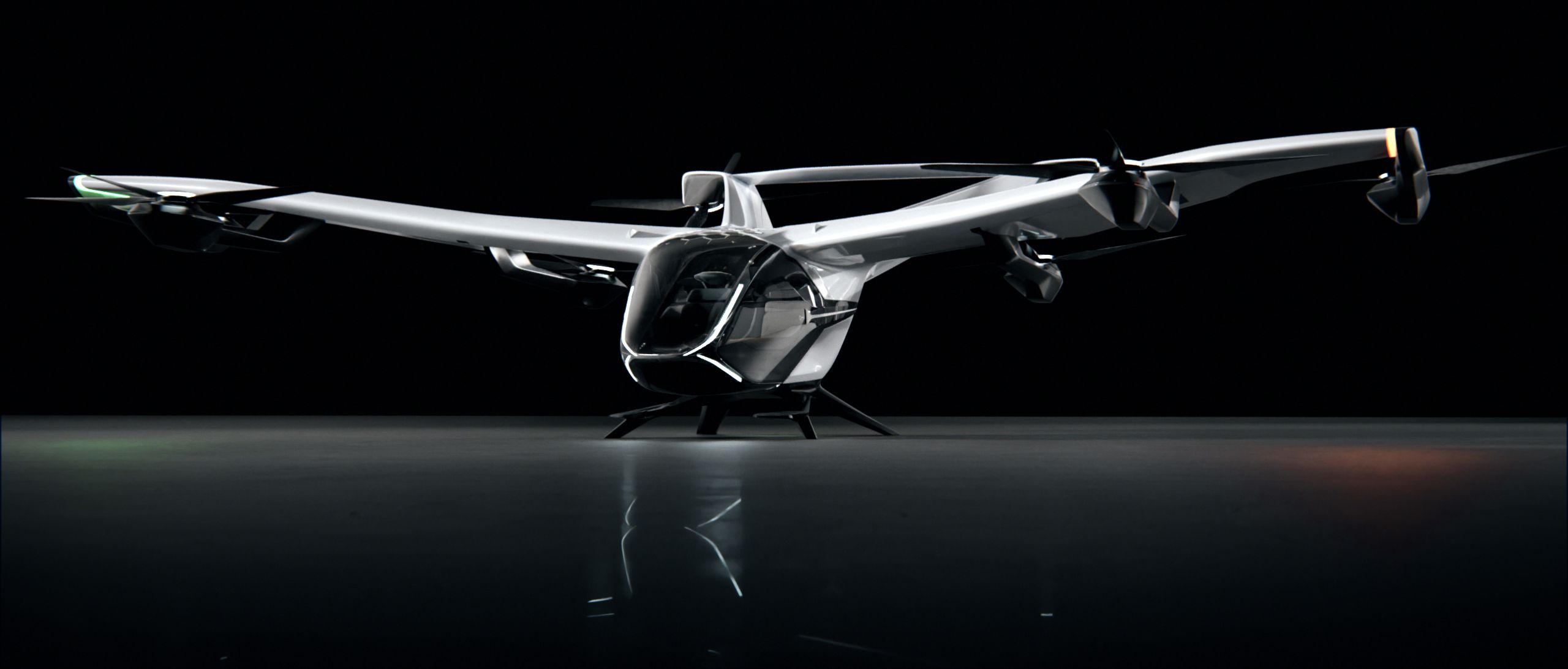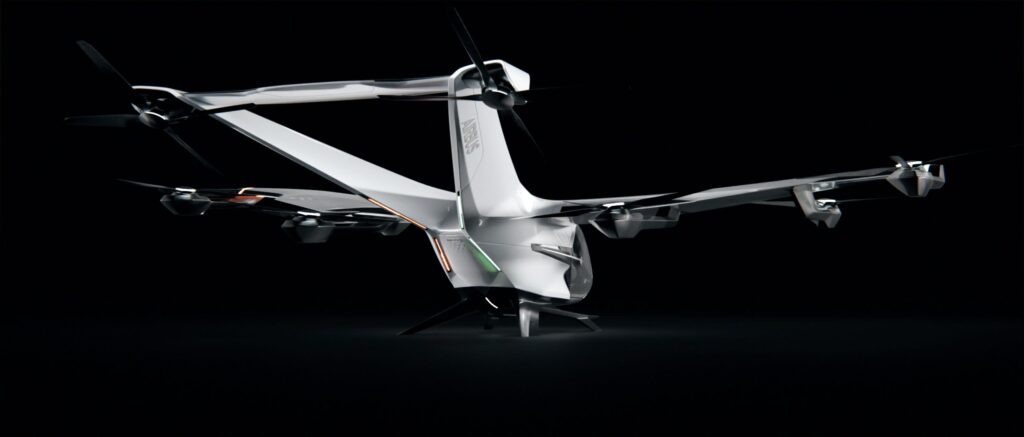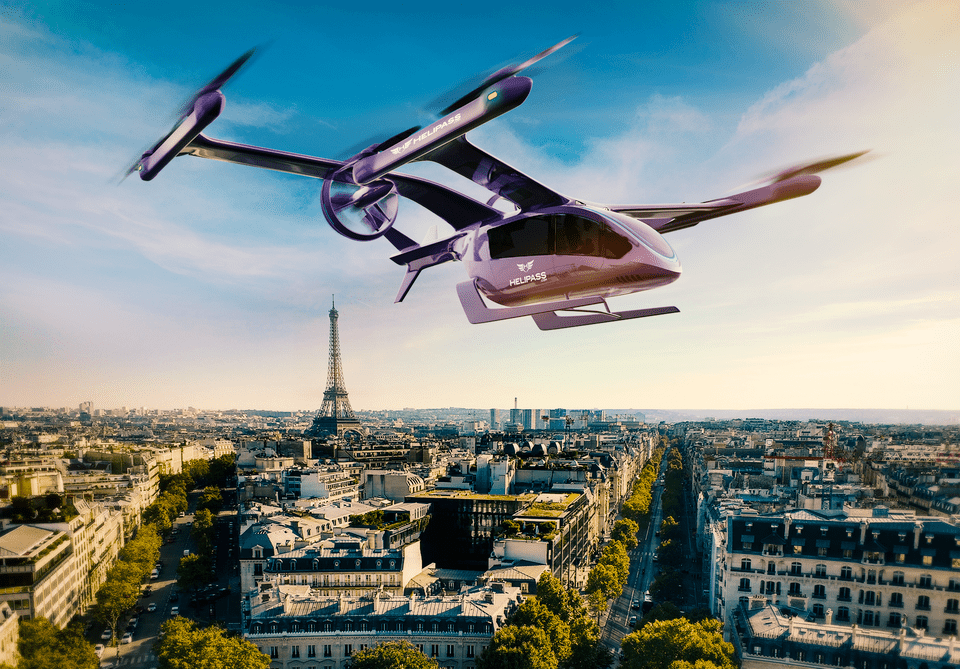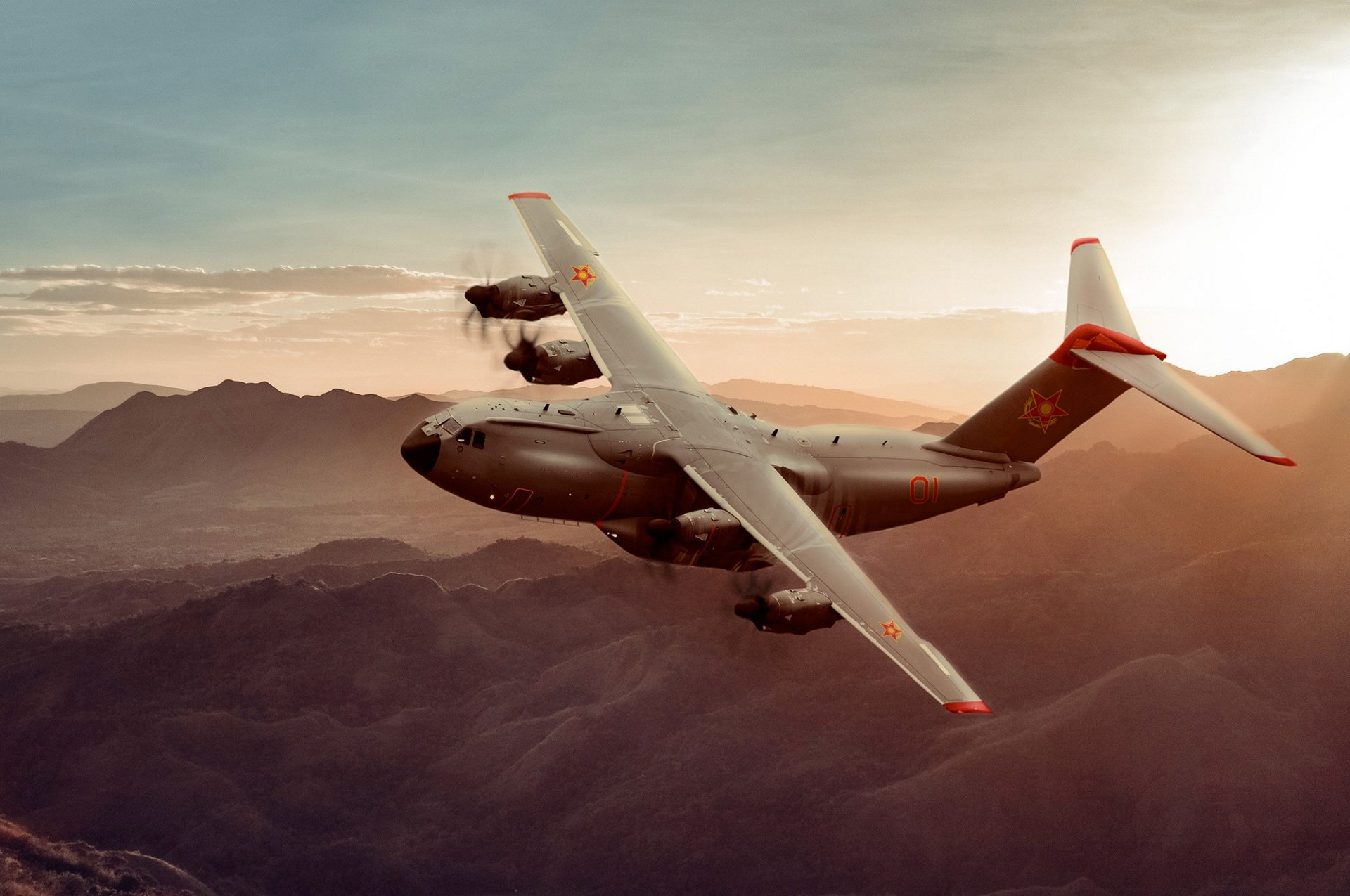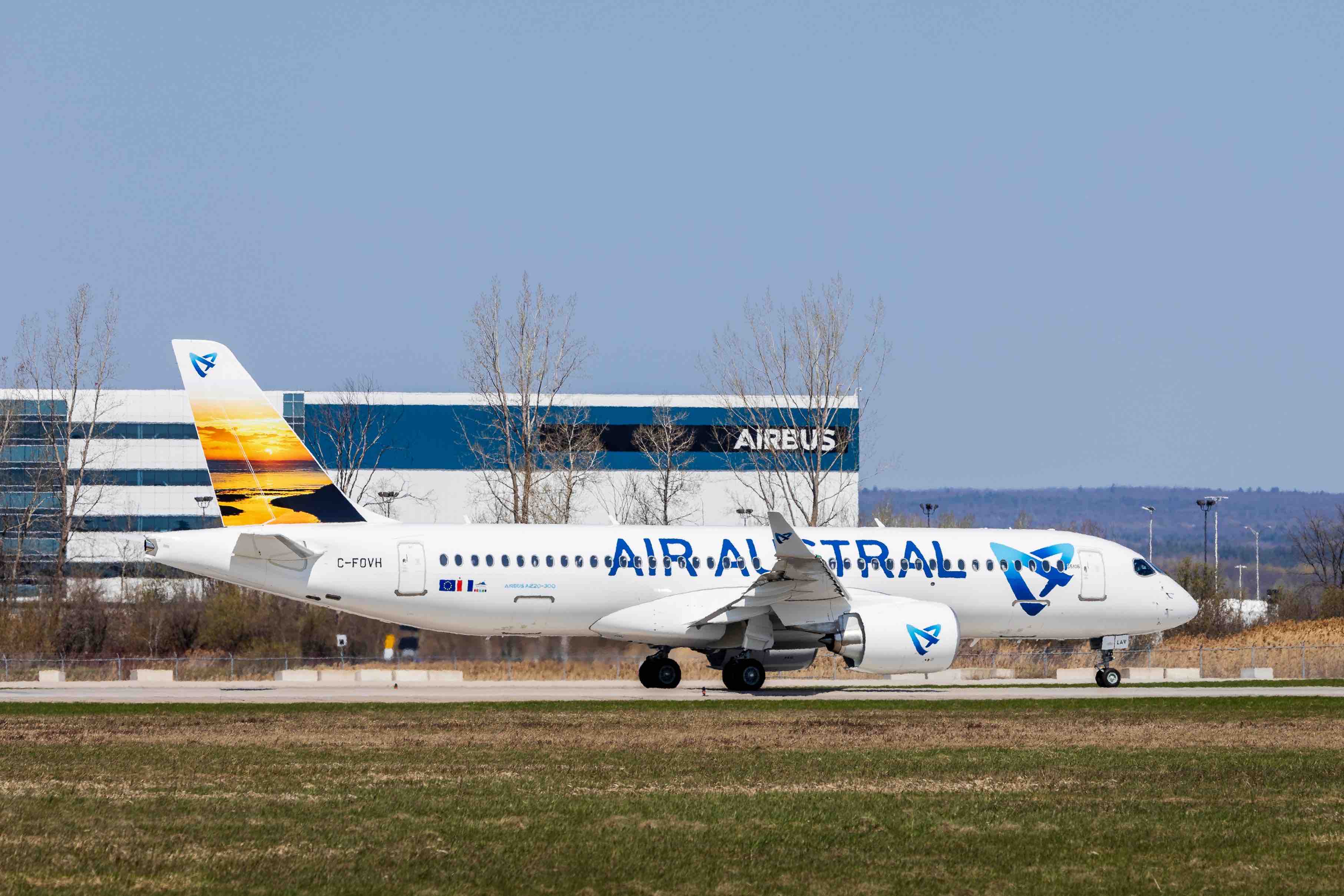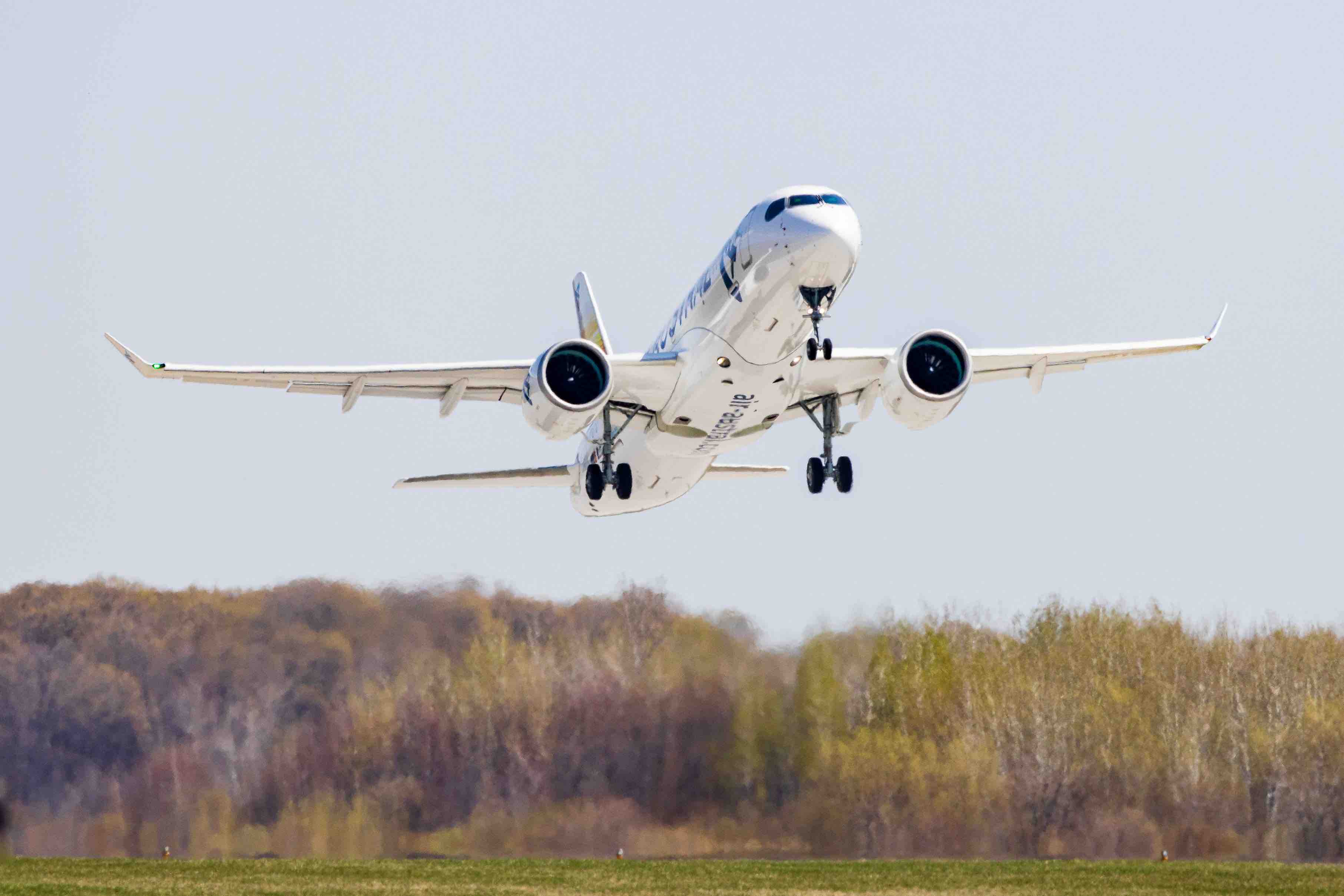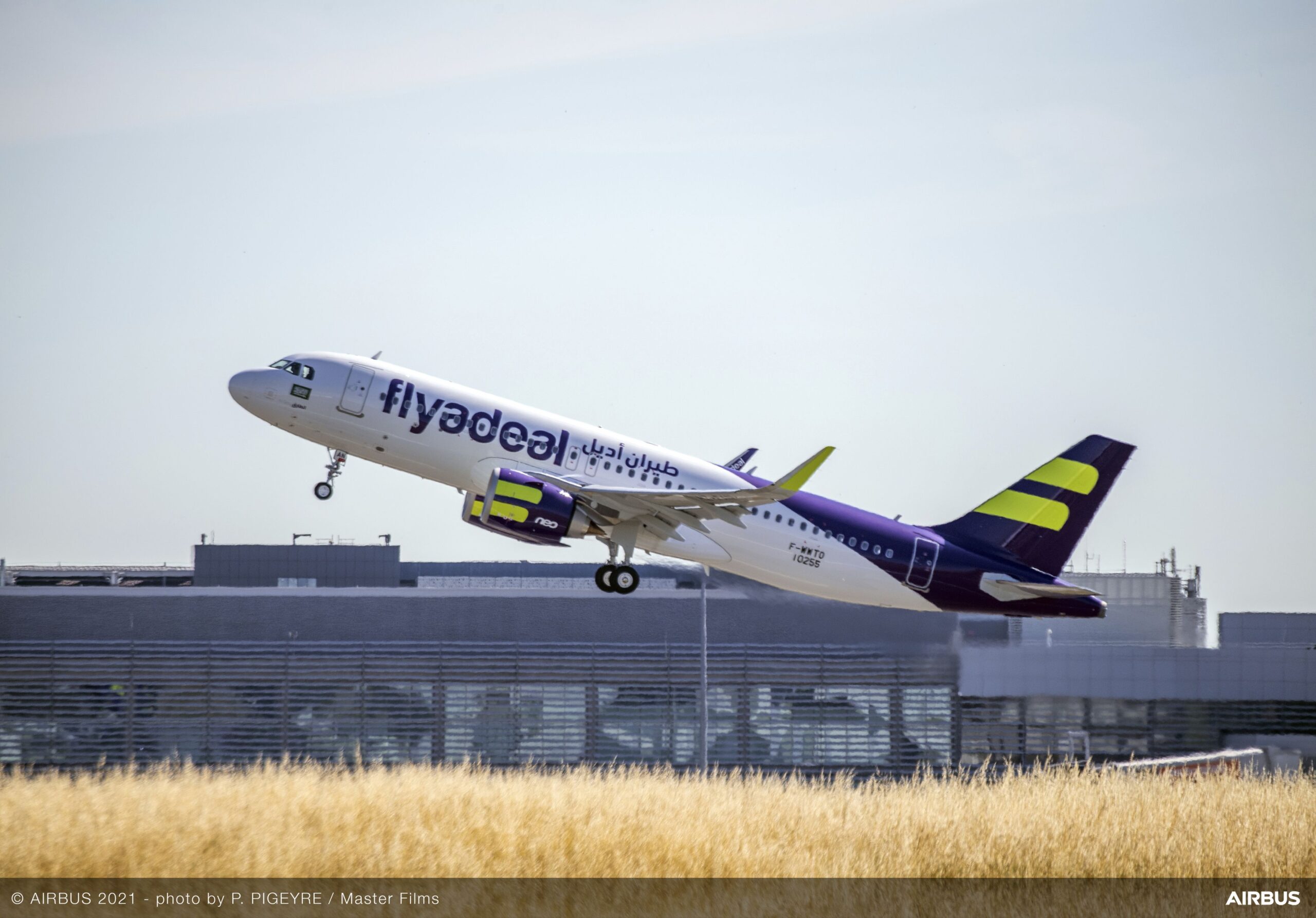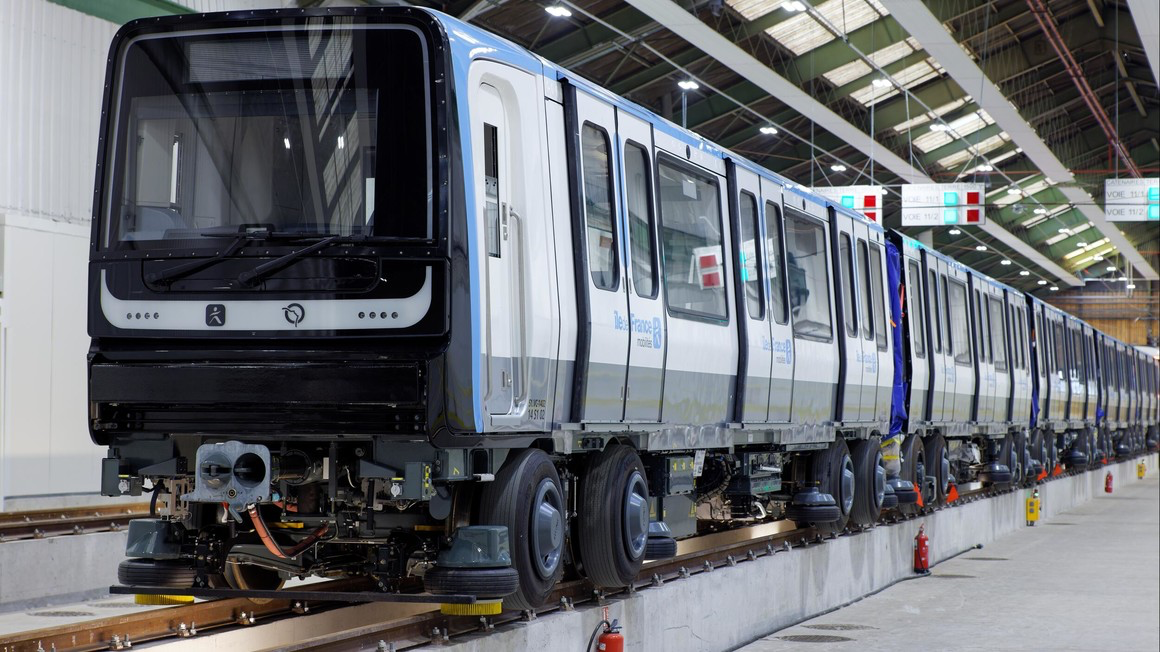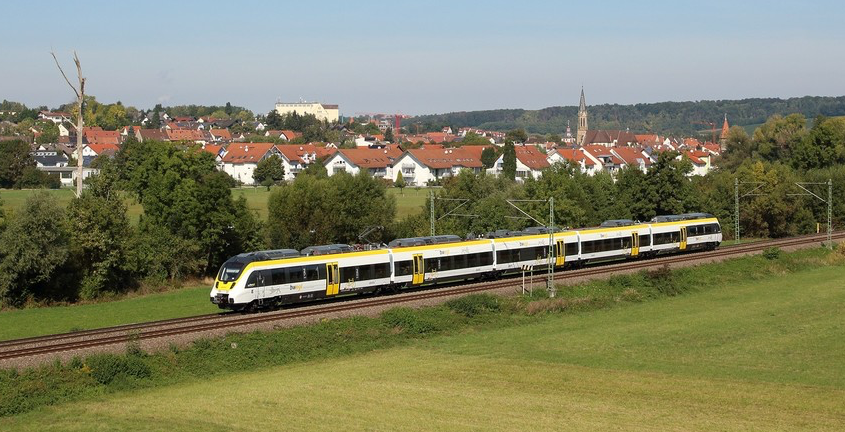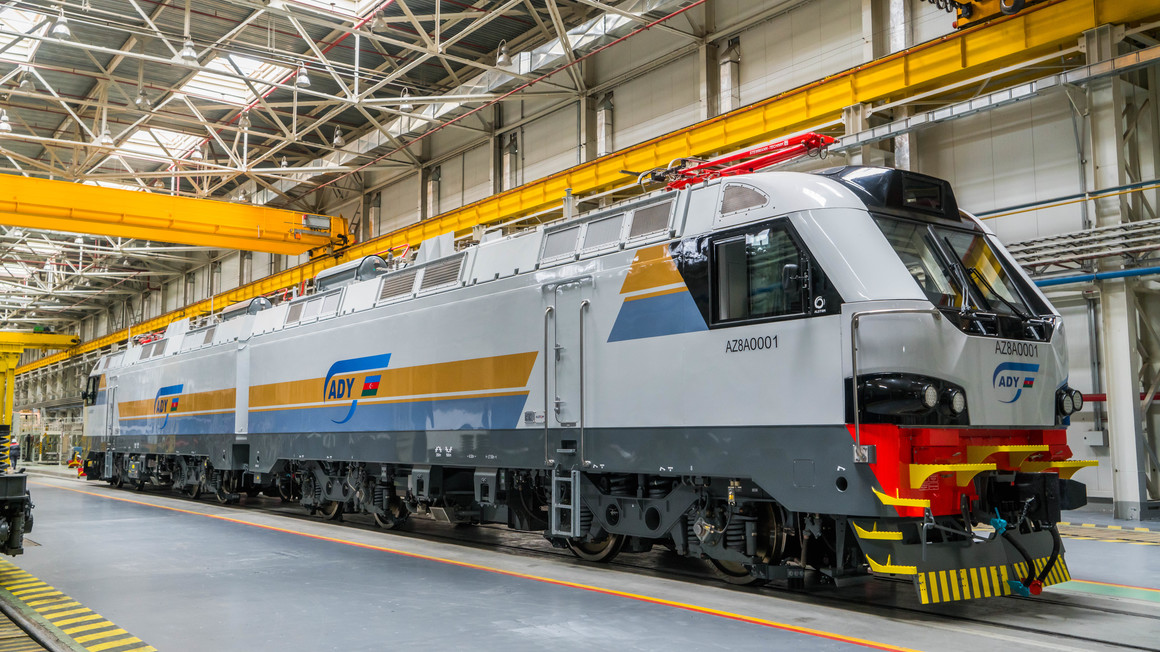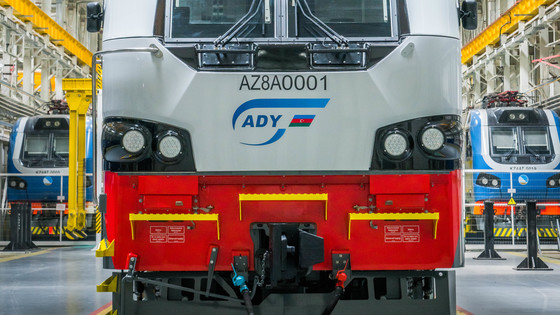Virgin Atlantic has joined global airline leaders including Air France-KLM and Delta Air Lines, with Boston Consulting Group, in the formation of the Aviation Climate Taskforce (ACT) – a new non-profit organization founded to accelerate breakthroughs in emerging technologies to decarbonize aviation.
As the aviation sector focuses on decarbonisation, a portfolio of solutions will be required to reach net zero by 2050 and to scale up sustainable aviation fuels (SAF) to meet a 10% SAF target by 2030. ACT will stimulate innovation in the next generation of technologies, principally focussed on critical medium-term solutions, such as synthetic fuel and direct air capture. Over time, the portfolio will expand to include more near-term solutions, such as emerging bio-based Sustainable Aviation Fuel pathways, and long-term solutions, such as hydrogen technologies. ACT’s mission will be supported by two pillars: an Innovation Network and a Collaboration Forum to help accelerate innovation and expedite adoption.
Earlier this month, Virgin Atlantic announced ambitious carbon targets as part of a renewed mission to achieve net zero by 2050. The targets include increased fleet efficiency and committing to the use of 10% Sustainable Aviation Fuels (SAF) in 2030 and importantly, reinforce the airline’s commitment to embed sustainability through innovation, transparency and accountability to do more for the protection of the planet.
For more on Virgin Atlantic’s business for good activity including sustainability commitments, please visit https://corporate.virginatlantic.com/gb/en/sustainability.html
